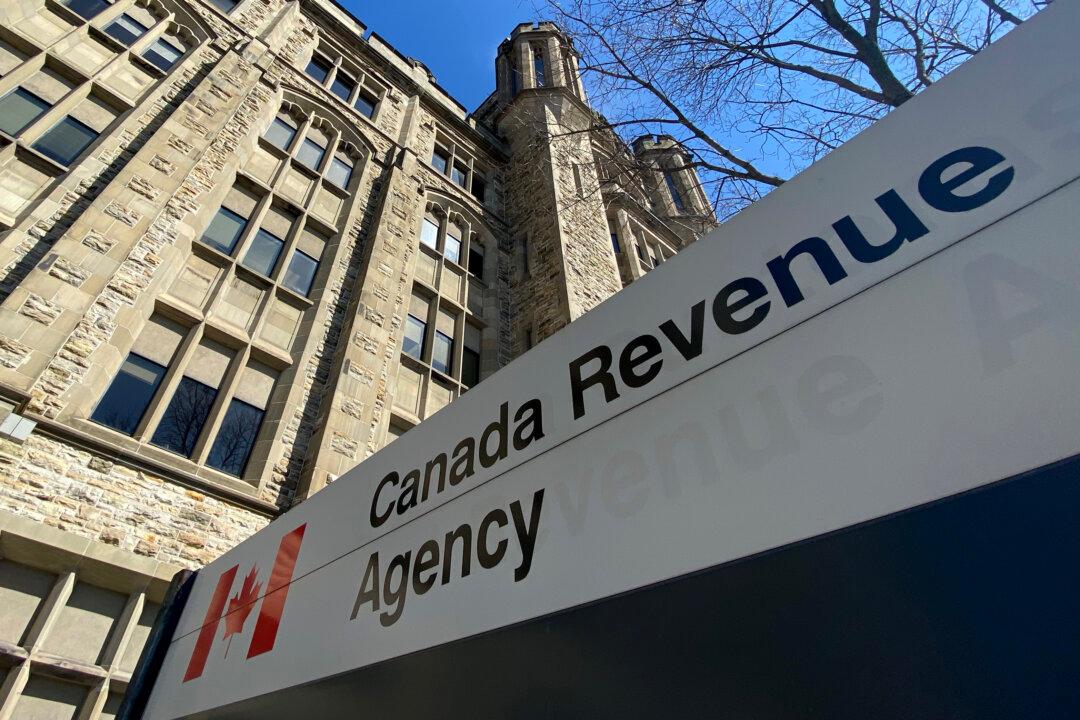The average Canadian family now spends more of its income on taxes than it does on food, shelter, clothing, transportation, health, and education combined, according to a new report from the Fraser Institute.
“Taxes have grown much more rapidly than any other single expenditure for the average Canadian family: expenditures on shelter increased by 1,880 percent, food by 870 percent, and clothing by 654 percent from 1961 to 2022,” said the report titled “Taxes versus the Necessities of Life: The Canadian Consumer Tax Index 2023.”





